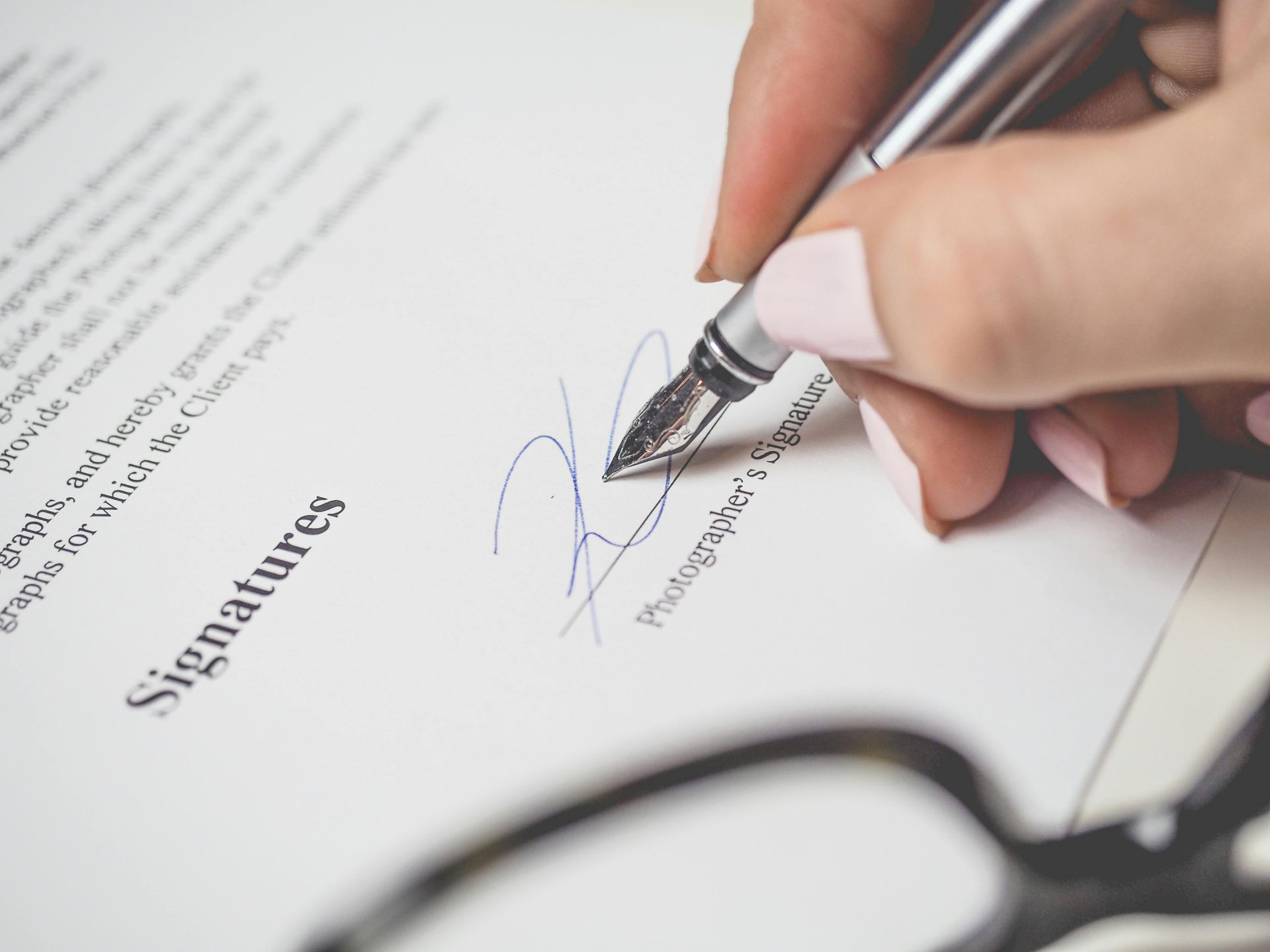What Constitutes Workplace Sexual Harassment in Missouri?
What Constitutes Workplace Sexual Harassment in Missouri?
Sexual harassment in the workplace is a serious issue that affects employees across all industries. In Missouri, workers are protected under both federal and state laws against this type of misconduct. Understanding what qualifies as workplace sexual harassment can help individuals recognize violations and seek the protection they deserve.
Defining Sexual Harassment in the Workplace
Under Title VII of the Civil Rights Act of 1964 and the Missouri Human Rights Act (MHRA), workplace sexual harassment is considered a form of sex discrimination. There are two primary types of sexual harassment:
- Quid Pro Quo Harassment: This occurs when job benefits—such as promotions, salary increases, or continued employment—are conditioned on the acceptance of unwelcome sexual advances or conduct. For example, a supervisor implying that an employee must go on a date to keep their job would fall under this category.
- Hostile Work Environment: This form of harassment happens when unwelcome sexual conduct becomes so pervasive or severe that it creates an intimidating, hostile, or offensive work environment. Examples include repeated lewd comments, sharing of explicit materials, or unwanted physical contact.
What Behavior Counts as Harassment?
Not all inappropriate behavior qualifies as unlawful sexual harassment. To rise to the level of illegal conduct under Missouri law, the behavior typically must be:
- Unwelcome (the victim did not invite or accept it),
- Based on sex or gender, and
- Severe or pervasive enough to affect the conditions of employment or create an abusive environment.
Harassment can come from a boss, coworker, customer, or even a third-party vendor. It can affect both men and women, and it does not require physical contact—verbal or visual harassment may also qualify.
Protections for Workers in Missouri
The Missouri Commission on Human Rights (MCHR) enforces the MHRA and investigates claims of workplace discrimination, including sexual harassment. Employees have 180 days from the date of the incident to file a complaint with the MCHR or 300 days under federal law with the Equal Employment Opportunity Commission (EEOC).
If you are a victim of workplace sexual harassment, you have the right to:
- Report the conduct to your employer
- File a formal complaint with the MCHR or EEOC
- Pursue legal action for damages, reinstatement, or injunctive relief
How LG Law LLC Can Help
At LG Law LLC, we provide confidential, compassionate, and skilled legal assistance to individuals in Kansas City facing workplace sexual harassment. We help you understand your rights, gather evidence, and hold the responsible parties accountable. Whether it’s negotiating with your employer or representing you in court, our team is committed to protecting your dignity and employment rights.









